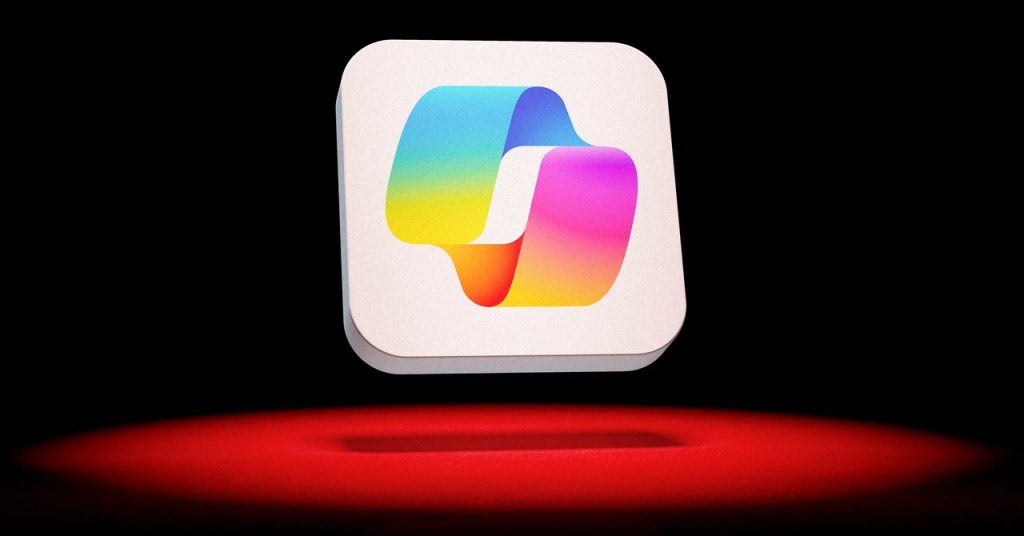Generative AI: Navigating Privacy and Security Challenges
Introduction
Generative AI tools, such as ChatGPT and Google’s Gemini, have revolutionized how we interact with technology. However, their ability to capture and process vast amounts of data has raised significant privacy and security concerns.
Overexposed Data Risks
Sensitive Data Exposure
One of the primary challenges of using generative AI at work is the inadvertent exposure of sensitive data. Camden Woollven, group head of AI at GRC International Group, explains that most generative AI systems act like ”big sponges,” absorbing extensive information from the internet to train their language models.
Data Collection Concerns
Steve Elcock, CEO and founder at Elementsuite, highlights that AI companies are ”hungry for data to train their models” and often make it behaviorally attractive to share information. This extensive data collection poses the risk of sensitive information entering “somebody else’s ecosystem,” as noted by Jeff Watkins, chief product and technology officer at xDesign.
Hacker Threats
AI systems themselves can be targets for hackers. Woollven warns that if an attacker gains access to the large language model (LLM) powering a company’s AI tools, they could siphon off sensitive data, plant false outputs, or use the AI to spread malware.
Proprietary AI Tools and Privacy
Risks with Consumer-Grade AI
Phil Robinson, principal consultant at Prism Infosec, points out that even proprietary AI tools like Microsoft Copilot can pose risks. If access privileges are not properly secured, employees might access and leak sensitive data such as pay scales or M&A activity.
Employee Monitoring Concerns
AI tools could also be used to monitor staff, potentially infringing on their privacy. Microsoft’s Recall feature claims that “your snapshots are yours; they stay locally on your PC” and assures users of privacy control. However, Elcock suggests that it might not be long before such technology is used for employee monitoring.
Self-Censorship and Best Practices
Avoid Sharing Confidential Information
Lisa Avvocato, vice president of marketing and community at Sama, advises against putting confidential information into prompts for publicly available tools like ChatGPT or Google’s Gemini. Instead, use generic prompts and layer in sensitive information manually.
Validate AI Outputs
When using AI for research, validate the information it provides. Avvocato recommends asking AI to provide references and links to its sources and reviewing any code it generates rather than assuming it is error-free.
Treat AI as a Third-Party Service
Woollven emphasizes the importance of treating AI like any other third-party service. “Don’t share anything you wouldn’t want publicly broadcasted,” he advises.
Conclusion
Generative AI offers immense potential but also comes with significant privacy and security challenges. By adopting best practices and treating AI tools with caution, businesses and individuals can mitigate these risks effectively.

6 Comments
AI as a coworker? Sounds like the start of a sci-fi movie plot!
Is relying on AI like setting the fox to guard the henhouse?
Gossamerb: AI, the coworker that never takes a coffee break!
Can AI steal your job before it even borrows your stapler?
Think AI is going to replace your water cooler chats?
Sapphirea: Rather trust a robot than my last colleague, honestly!